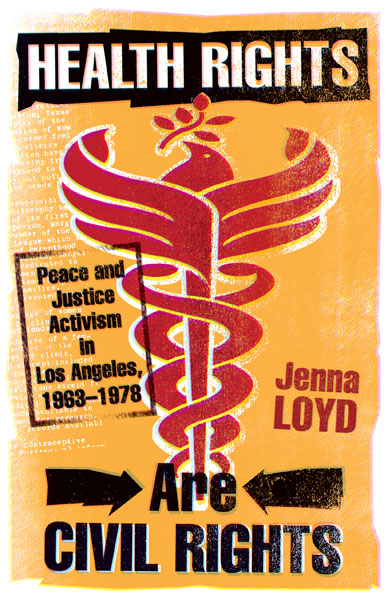(Re)Producing Citizenship through (Health)Care: Latina Immigrants’ Experiences of Reproductive Healthcare in Atlanta, GA
State and local immigration laws create an environment of insecurity for undocumented immigrants, with intensified policing at the level of social reproduction especially after 9/11. Focusing on Latina immigrants and their access to and experiences of reproductive healthcare, this talk examines how an environment of insecurity intermingles with deleterious notions about Latina sexuality and reproduction in order to create a gamut of obstacles that Latina immigrants must face in order to obtain reproductive healthcare. I explore how Latina immigrants navigate – and sometimes resist or subvert – these obstacles and “demand” good healthcare through tactics such as the use of assertiveness and informal medical information networks. I suggest that in exploring the ethics of care inherent in their actions, as well as the ethics of care lacking in the actions of health service providers, we can see how Latina immigrants are attaining the rights (health and healthcare) and enacting the duties (raising healthy families) of citizens, even as the treatment they receive often construes them as unworthy of such rights and turns their acts of duty into deviance. By interrogating the informal carework they must undertake to obtain formal (health)care, this talk highlights ways that undocumented Latinas “fight back” in ways that are often rendered invisible by virtue of their inextricable entanglement with the mundanity of everyday life. Such instances of resistance are often ignored in studies of citizenship and geopolitics, which tend to focus more on visible acts of both policing and resistance, like arrests and public protests. I contend that although immigrant policing has intensified at the level of social reproduction, strategies and tactics deployed by immigrants push back at the same level and allow Latinas to exist in a setting that wants them to do anything but. Further, Latina immigrants deploy carework to procure good healthcare even as they are characterized and treated as unworthy, thereby reworking citizenship at the intimate level of the body and subverting harmful stereotypes and treatment along the way.
Bio: Rebecca Lane is a PhD candidate in the Department of Geography. Her work broadly looks at how discourses and actions surrounding biology, bodies, and health are caught up in cultural and political circuits of meaning.



